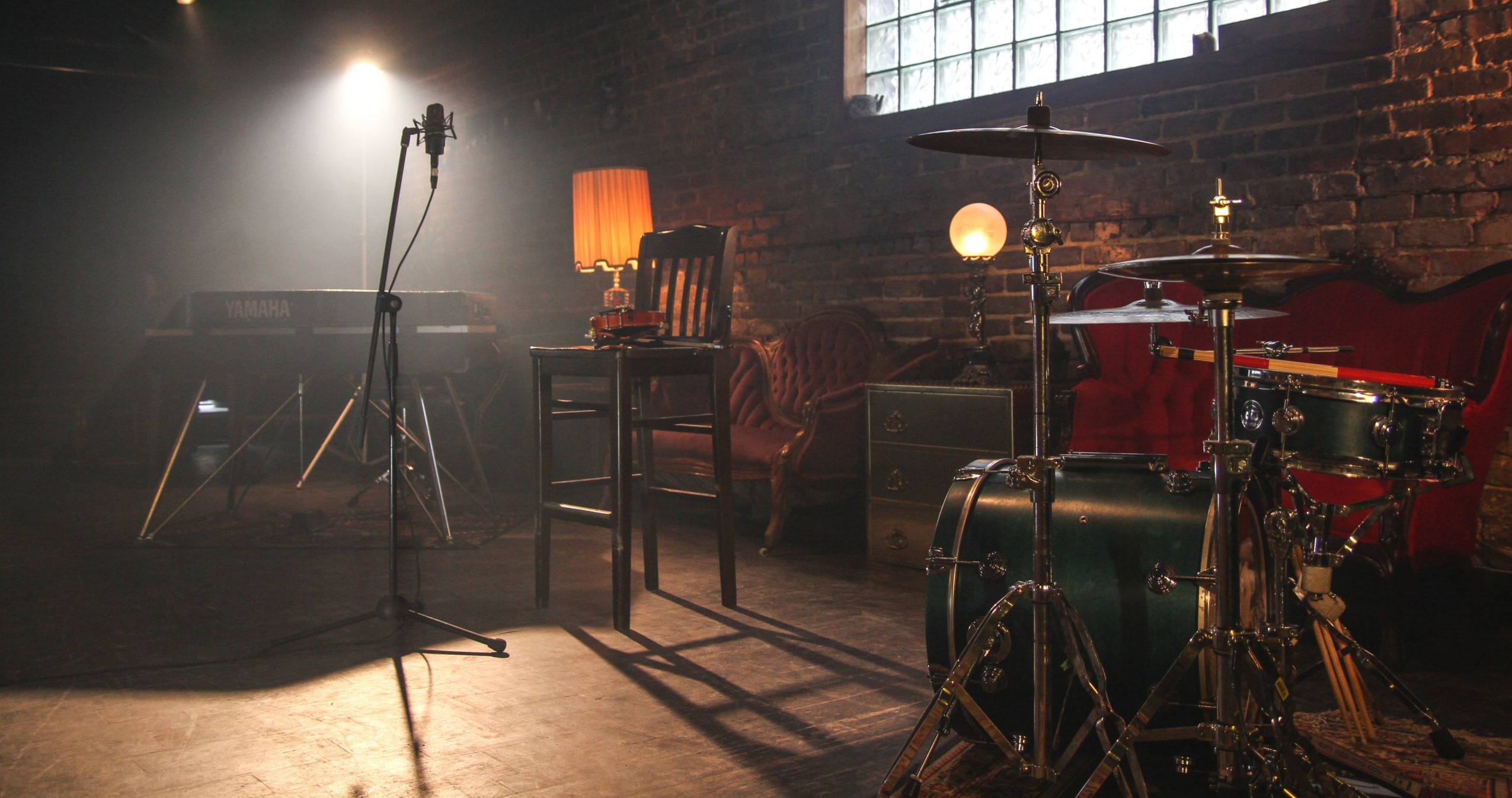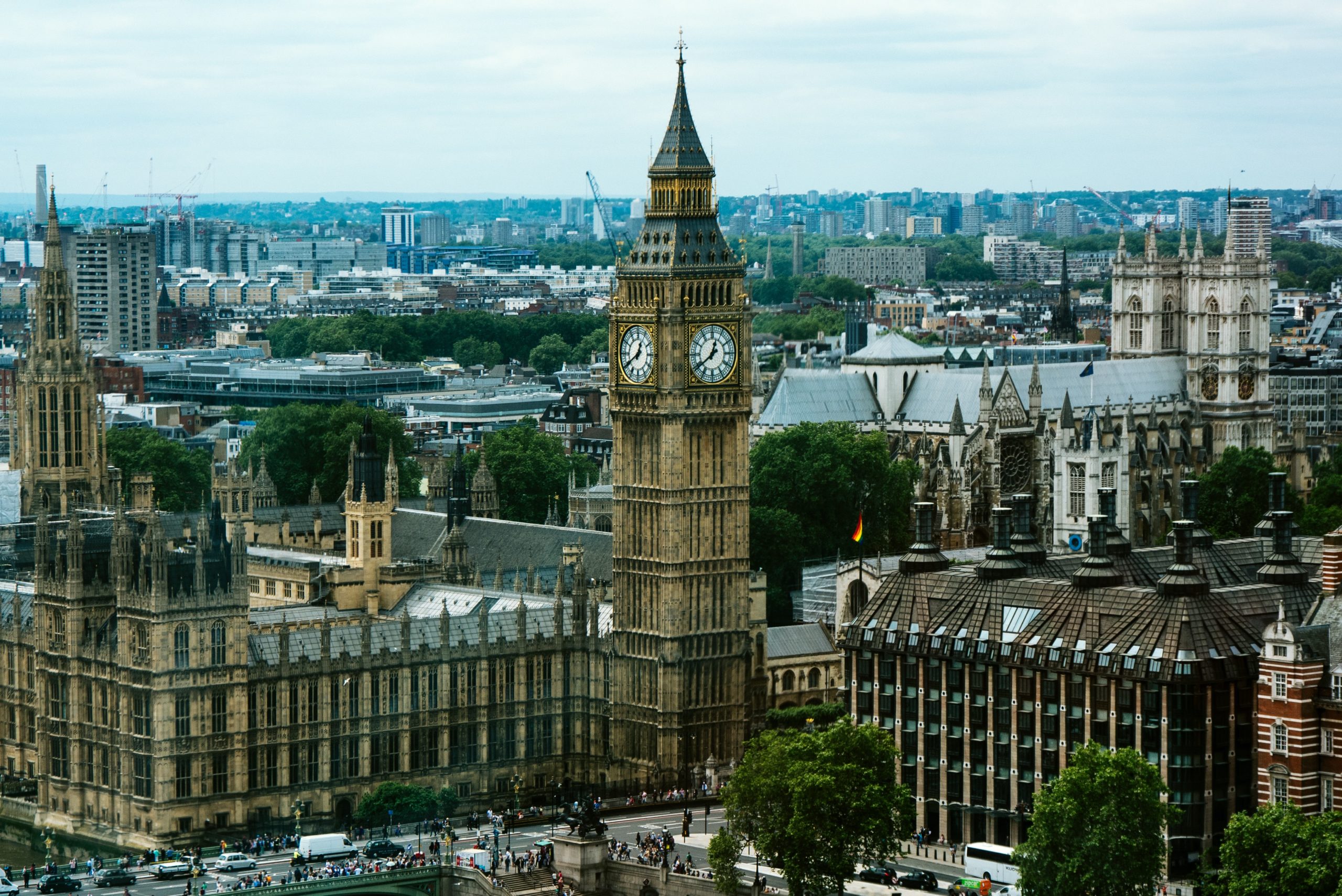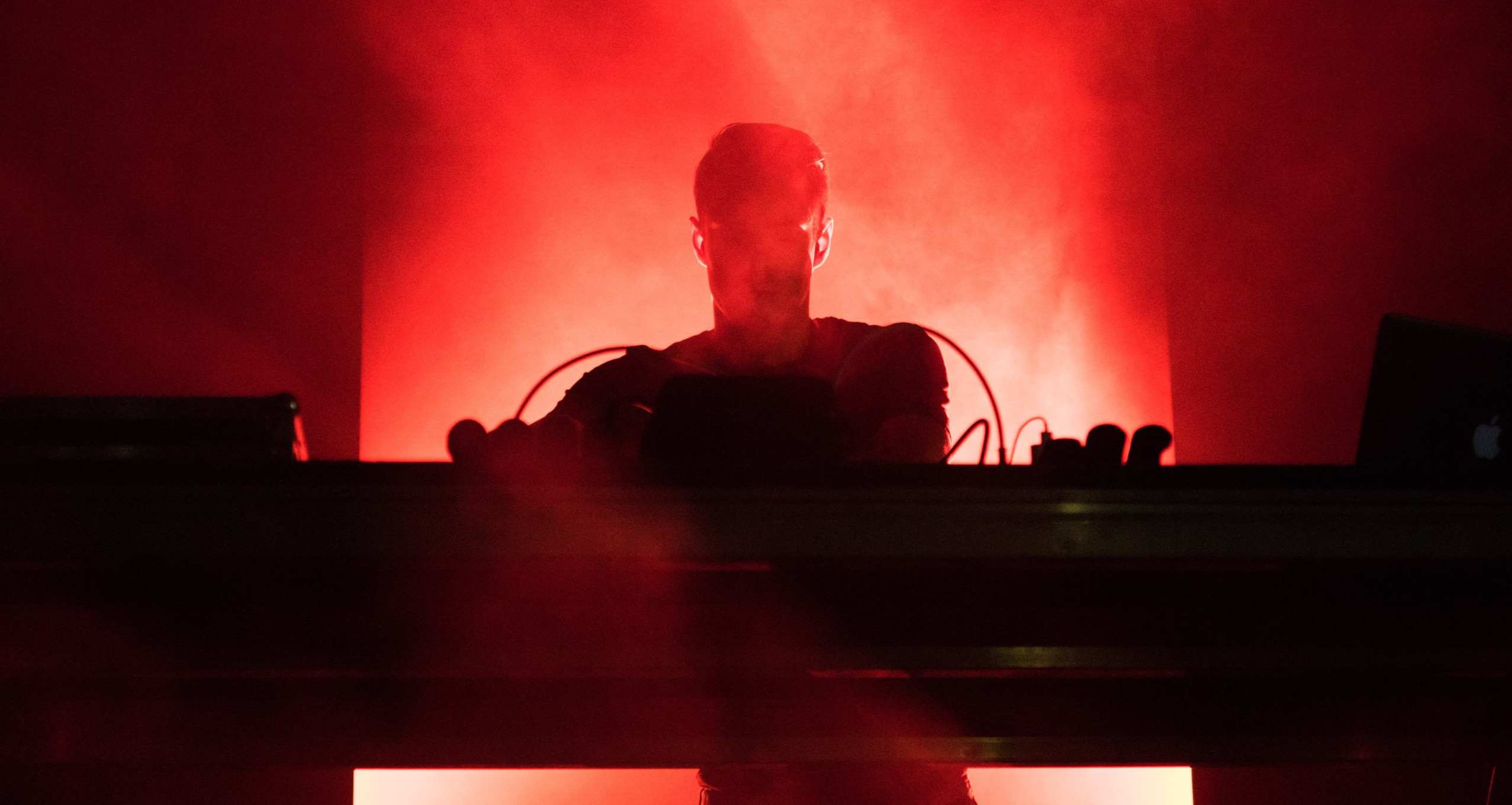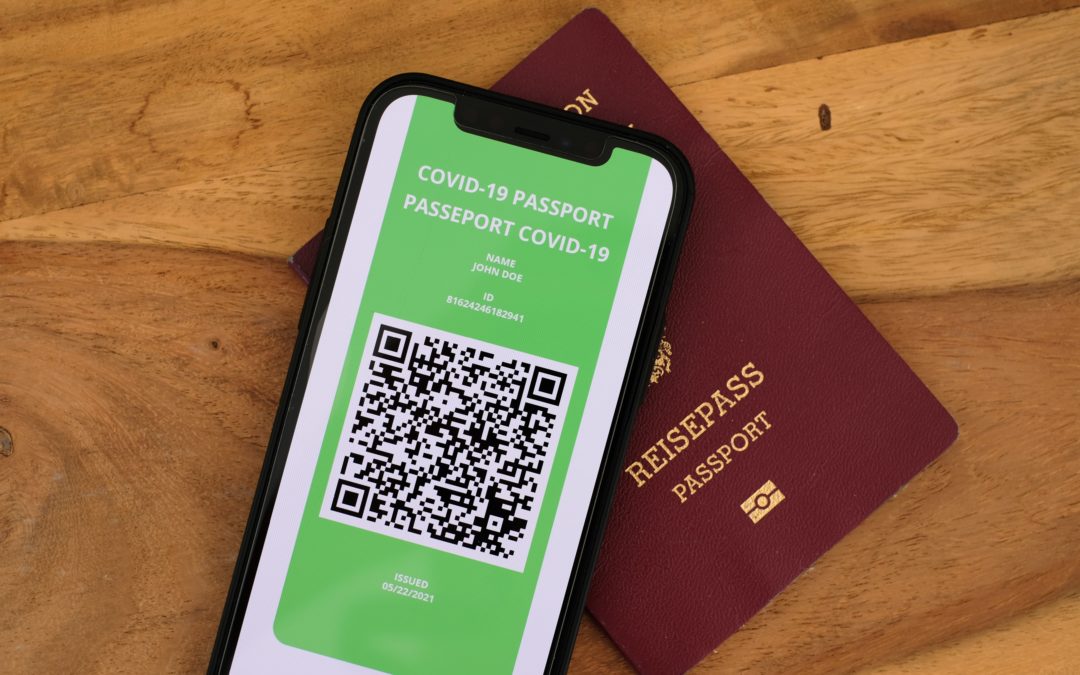Last week the government announced they would scrap vaccine passports. Home secretary Sajid Javid said in an interview with BBC that they should be doing things for the sake of it.
The notion had been causing somewhat of a headache, both for venue owners and government ministers. Some saw it as the easiest route to normal, others, the final nail in the coffin.
This did raise interesting questions. Namely about the best way for British nightlife to move forward in the age of Covid.
What was the plan for vaccine passports?
For those that haven’t been following, the idea was that if you wanted to go to a club or large venue, you would need to provide proof you had been double jabbed. In essence this seems like a reasonable idea.
Those who have received both vaccinations transmit at a lower rate and do not get as ill. So, clubs, venues and concerts would be safe as a result

So what’s the problem with vaccine passports?
The venues
From the perspective of those operating large events, vaccine passports were deeply concerning. The Night-time Industries Association described the plans as unworkable back in March.
It’s important to remember that music venues were in trouble before Covid. Following some respite after a nightmare 18 months, it was felt that further restricting access to events could finish them off.
So the night-time hospitality industry was clear that they didn’t want them. But how did the public feel?
The public’s response
The government conducted a survey in July which showed that indicated around 9% of people would be less likely to get jabbed based on the introduction of vaccine passports.
A different set of data, this time compiled by the institute of Global Health innovation, pointed to a similar conclusion. Over half of individuals above 40 would be sceptical of getting jabbed faced with the same situation.
The evidence was pretty clear. The majority of the public seemed in favour or at least ambivalent. However a large enough minority could, should they be true to their word, cause problems in the vaccine take-up.
So venues weren’t keen. The public were at best, undecided. How did our benevolent leaders feel?
Once again, mixed bag

Tory backbench revolt
Boris Johnson faced a fair amount of opposition from his own party on vaccine passports.
While this is nothing new for the prime minister (he regularly has to battle his own MP’s) it added to the headache. In July around 43 Conservative MP’s signed a declaration in opposition to the plans.
Conservative Grandee Sir David Lidington said they “would set a dangerous precedent”.
MP Andrew Brigden described them as a “serious infringement on people’s liberties and urged the government to recall parliament for a vote on the matter.
So, what happened
The government still planned to go ahead. On the 5th of September, vaccine minister Nadhim Zahawi said vaccine passports would be brought in by the end of the month.
7 days later Home secretary Sajid Javid put an end to it all when he announced that would not be happening.
It was a pretty magnificent U-turn. The policy equivalent of wheeling your car round at 80 MPH and behaviour that we have, unfortunately grown accustomed to.
The decision was unsurprisingly warmly received by both The Night Time Industries Association and The Music Venues Trust.

Where does the death of vaccine passports leave venues?
In many ways little has changed. The events industry, now accustomed to the imminent threat of assured destruction can breathe a shallow sigh of relief. At least one of the many nightmare situations has been dodged.
Entry requirements such as proof of vaccination or a negative lateral flow test will of course remain but whether this will save us from another lockdown is unsure. If the unthinkable does happen however, it may leave those originally opposed to vaccine passports reconsidering their position.
The real struggle now is for clubs, pubs and arenas to try and tempt back customers en-masse. While things do seem to be getting back to normal, there will remain some hesitancy as long as covid remains in the public eye.
